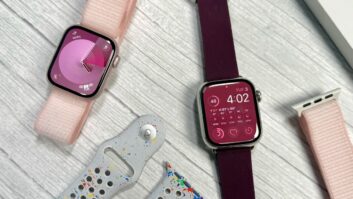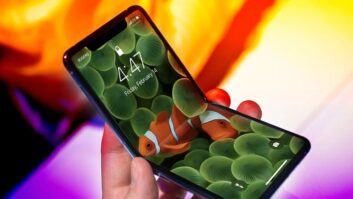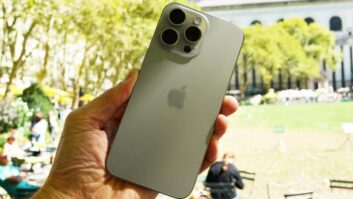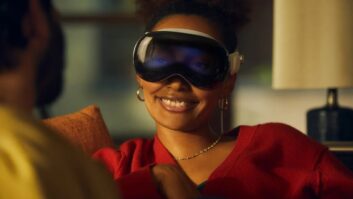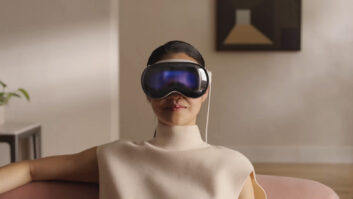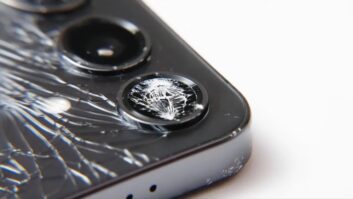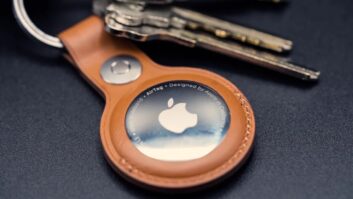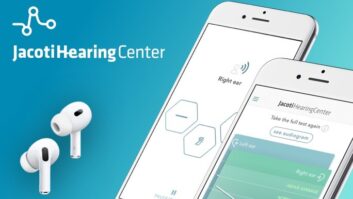Westlake Village, Calif. – Apple
ranked highest once again among smartphone manufacturers in customer
satisfaction, J.D. Powers found in its latest biannual “Smartphone Satisfaction”
report.
The biannual survey also found
that consumers’ satisfaction with smartphone battery life has fallen since the
last survey in large part because of the proliferation of 4G smartphones.
In the latest survey, Apple
ranked first for the seventh consecutive time, achieving a score of 839 on a
1,000-point scale. HTC followed with 798 points. The biannual survey was
launched in 2009.
The Apple and HTC scores exceeded
the industry average of 774, while all other brands fell below the industry
average. Samsung came in third with 769 points, followed in order by Motorola
with 758 points; LG and BlackBerry, both with 733 points; Nokia with 702; and
Palm with 697. (See table.)
The study, conducted from July
through December 2011, found that only Apple, HTC and Nokia improved on their
customer-satisfaction levels compared to the previous survey, which was
conducted from January through June 2011. All other brands suffered reduced
satisfaction levels.
In the latest survey, the top
four smartphone brands retained their ranks compared to the previous survey,
which showed Apple first with 838 points followed by HTC (801), Samsung (777),
and Motorola (775). There were shifts, however, among the four lower ranked
brands. In the previous survey, BlackBerry (762 points) was slightly ahead of
LG (760) instead of tied in the latest survey at 733, and Palm (733) nosed
ahead of Nokia (721) in the previous survey but slipped behind Nokia in the
latest survey.
In traditional cellphones, LG and
Sanyo rank highest in overall customer satisfaction, tying with 716 points,
followed by SonyEricsson with 712 points and Samsung with 703. These brands
exceeded the industry average of 700 points. The brands falling below average
were Motorola with 687 points, Nokia with 684, and Kyocera with 656.
Scores are based on satisfaction
with performance, ease of operation, physical design, and features. For the
study, J.D. Powers surveyed 7,080 smartphone owners and 8,335
traditional-cellphone owners who have used their current mobile device for less
than one year.
The studies also found that
battery performance is the least satisfying aspect of smartphones, with
battery-life satisfaction becoming one of only a few attributes that declined
significantly compared to the previous year’s study. Satisfaction with battery
life fell to 6.7 out of 10 points in the latest survey compared to the previous
study’s 6.9.
The battery life of 4G
smartphones dragged down the smartphone average, the company explained. Among
owners of 4G-enabled smartphones, battery performance ratings averaged 6.1 out
of 10 compared to 6.7 for 3G smartphones. Part of the disparity was the result
of 4G smartphones consuming “substantial” battery life to search for 4G
signals, “which tend to be scarcer than 3G signals,” the company said. On top
of that, owners of 4G-enabled smartphones use their device more extensively,
the company said.
Verizon subscribers were able to
circumvent that problem by going into their phones’ settings menu to turn off
the 4G radio, but the carrier has disabled that feature, a supplier told TWICE.
For suppliers, the shorter battery lives of 4G
phones will come back to haunt them more than carriers, J.D. Powers said. A
short battery life “can result in perceived phone problems, higher rates of
merchandise returns, and customer defections,” said Kirk Parsons, wireless
services senior director.
Smartphone owners who are highly
satisfied with their device’s battery life, Parsons explained, are more likely
to repurchase the same brand of smartphone. Only about 25 percent of 4G-enabled
smartphone owners are highly satisfied with their battery, giving it a rating
of 10 out of 10. These consumers say they “definitely will”
repurchase a device from the same manufacturer. In contrast, only 13 percent of
less-satisfied owners who rated their battery life at 7 to 9 points would purchase
the same brand again.
Smartphones have another problem,
the company added. Twenty-one percent of current smartphone owners reported
experiencing a software or device malfunction. That contributed to a 77-point
satisfaction gap between customers who experienced software malfunctions and
those who did not, the company said.




